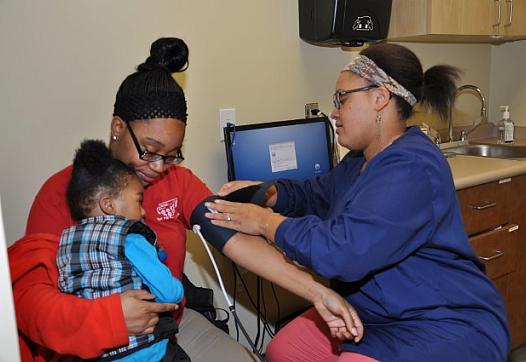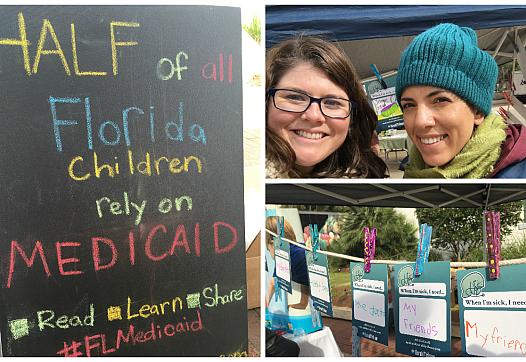
So-called "surprise bills" can leave unsuspecting patients on the hook for thousands of dollars. And market solutions haven't fixed the problem so far, writes UCLA health policy expert Gerald Kominski.

So-called "surprise bills" can leave unsuspecting patients on the hook for thousands of dollars. And market solutions haven't fixed the problem so far, writes UCLA health policy expert Gerald Kominski.

Upwards of two-thirds of uninsured kids in the U.S. are eligible for Medicaid or CHIP, but aren’t enrolled. New research suggests parent mentors could be a highly effective solution to getting more low-income kids insured, with potentially huge cost savings.

Do undocumented residents have to pay the Obamacare penalty for not having health insurance? Despite advocates' efforts, you might be surprised at how much confusion there is — even from tax preparers.

“One important thing is to find your advocate,” veteran reporter John Gonzales told fellow journalists this week. “You got to find someone who is going to be there for you when you’re having trouble with access.”

Star Apartments in L.A.'s Skid Row is a dazzling vision of what homeless housing can look like. But it's not the model the city is banking on to meet its huge need for supportive housing for the region's 45,000 people without homes.

Media coverage of unaccompanied minors has subsided in the past couple of months, although immigration hearings and deportations continue. Meanwhile, what do we know so far about the quality of health care provided to such minors?

As a reporter who was born and raised in China, I had a hard time trying to figure out what my health insurance options were when I came to Los Angeles for graduate school. What was Obamacare? What was Covered California? The challenges go beyond language barriers.

Kids need access to health care and healthy food, and they need their parents to be educated to advocate for them.

From telemedicine to transportation assistance to culturally appropriate care, panelists at the 2016 California Fellowship discuss strategies new and old for getting care to the state’s underserved communities.

Two journalists, a doctor and a nonprofit leader offer tips and context for how to tell urgent stories from underserved communities in the midst of the ongoing Obamacare rollout.